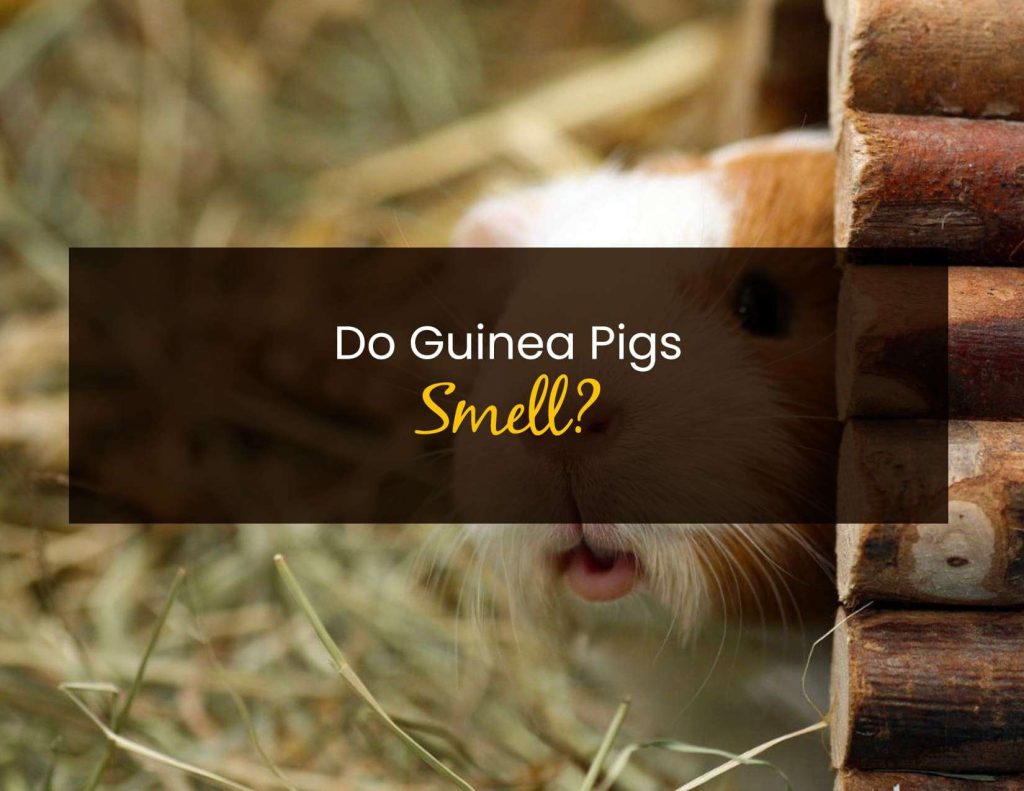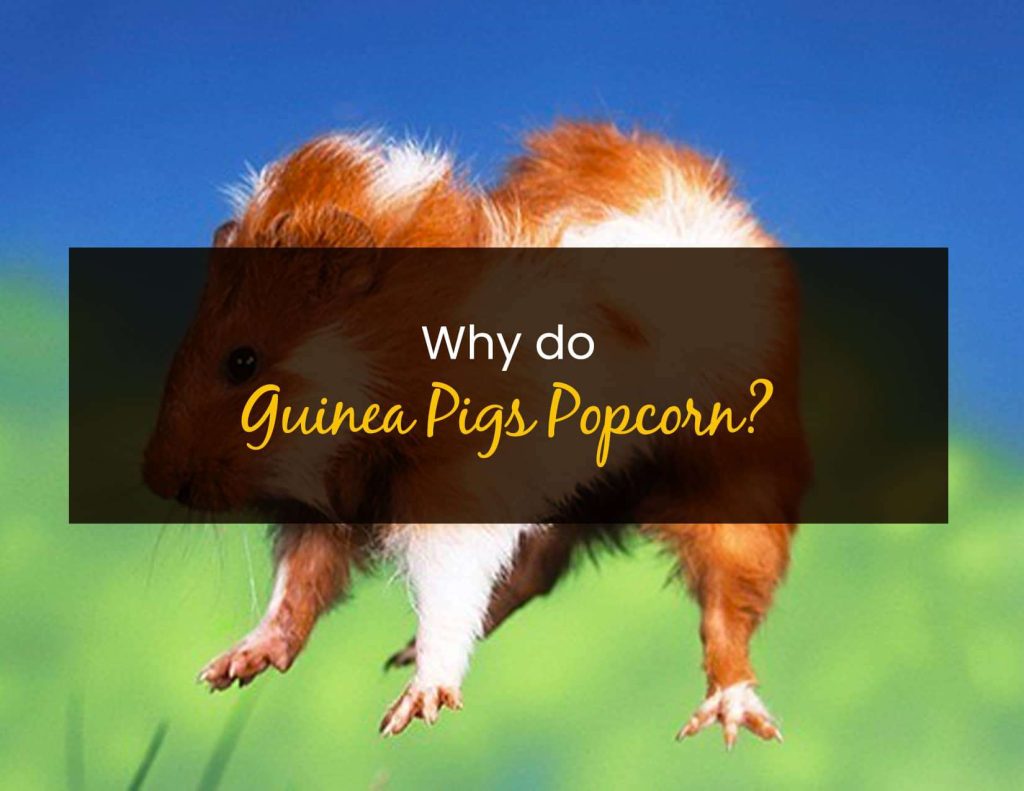Most of us know that guinea pigs are herbivores, which means they love eating fruits and vegetables, and lots of it! You will soon find out that it is their favorite thing to do and the quickest way to win their hearts. With that being said, you may know a ton of vegetables for them to consume but may not quite know what type of fruits are safe for your little furballs to eat.There are many great fruit options for guinea pigs, such as oranges, pears, peaches, apples, kiwi, and cucumbers. The most important thing to keep in mind is that domestic cavies need a lot of vitamin C in their food to stay away from a deficiency, called scurvy, so make sure it contains a lot of this particular vitamin to avoid this issue. Whether it be a fruit or vegetable, the most important thing to take in today is providing our pigs with healthy snacks, meaning their lives will be better off for it. In doing this, it will keep them both well-fed and provide enough nutrients for their bodies. Now let us dig into what kind of fruit they can consume and the benefits each one has, shall we?

©Pets 911
What Can Guinea Pigs Eat?
Although you want to get into the nitty-gritty, the first and foremost thing to look at is what they can eat. It is essential to note this because some pet owners may believe that guinea pigs can only have the basics and avoid health issues, like obesity, diarrhea, kidney, heart, and liver diseases. Make sure to gradually introduce foods to them instead of trying out a bunch at once to prevent diarrhea from happening.
- Pellets: These are specifically designed to provide a high-vitamin C diet and other nutrients, such as fiber, protein, and fats.
- Timothy hay: Providing hay at all times helps your guinea pig get fiber and has a low to moderate calorie content. With pellets, you have to be careful about giving, but guinea pigs are okay with eating hay all day.
- Vegetables: The recommended vegetables provide vitamins and minerals necessary to a guinea pig’s health. Make sure to wash any fresh produce off thoroughly before giving it to them.
- Fruit: As we are talking about, the fruit is essential in a guinea pig’s diet, but overall, they WILL need to be provided more vegetables than fruit due to higher amounts of natural sugars.
- Chews: Your pig’s teeth are continually growing and providing many chews, such as sticks, balls, toys, blocks, or other treats made specifically for guinea pigs. Make sure there are no harmful ingredients to your animal’s goodies, like many dog treats. One thing to keep in mind is that salt licks are not recommended for guinea pigs unless they are eating mineral-deficiency hay.
- Cecotropes: As nasty as it is, guinea pigs eating their feces is normal. Plants they eat may not wholly break down the first time they go through their system, so they eat their cecotropes to upkeep their diet better.
Types Of Fruit For Your Guinea Pig To Eat
Now that we have the basics out of the way, there are plenty of fruit options you can give to your fur animal. As briefly mentioned above, provide more vegetables than fruit, but it is okay to give them fruit daily, but a cup per guinea pig a day is more than plenty to keep them going.
APPLES
Being extremely nutritious, apples provide a wide variety of benefits to your animal. Apples are a great source of fiber from their skin, water, antioxidants, and other nutrients. Not only that, but this fruit is good for the heart and is linked to low-risk diabetes, which guinea pigs rarely have. They are also related to good gut health, may protect your brain, and are suitable for bone health. As you can see, there are many benefits to apples, and the best part is that getting a 3-pound bag is only a few dollars and will last you much more than just a few days for your pig.If you are concerned about the core and seeds of guinea pigs to eat, know that they are all perfectly safe for them, but if you can somehow manage to find unwaxed apples, that will be much better for them, and ourselves, in the long run.
ORANGES
This fruit is one of the best antioxidant fruits. Guinea pigs can benefit from eating oranges, with the primary substance being vitamin C. Guinea pigs need 10 to 30 mg a day unless they are deficient in it, which in that case, they will need 50 mg every day.On top of oranges containing vitamin C, they also provide potassium, folate, thiamine, or vitamin B1. It also provides extra hydration, is a good source of fiber, prevents anemia, and excellent heart health.
STRAWBERRIES
Known to be another excellent source of vitamin C, strawberries originated from Europe in the 18th century. They contain vitamin B9, antioxidants, manganese, and potassium. They are known to be very beneficial for heart health and help to maintain blood sugar levels. It is highly recommended for someone with cancer, which guinea pigs can get at an older age.
KIWIS
It is uncommon for domestic cavies to get asthma, but kiwi can help treat it. Other benefits to kiwi are:
- Assists with the digestive system.
- Manages blood pressure.
- Protects against any vision loss.
- Reduces blood clotting.
- Boosts your pig’s immunity.
- Reduces oxidative stress.
PAPAYAS
Guinea pigs benefit from papayas greatly because papayas help with any toothache they may have throughout their lives, as well as boosting the digestive health of your fur baby. Not only that, but papayas have cancer-fighting properties and are effective in treating Coccidiosis, which is intestinal worms. Studies have shown that providing papaya powder was effective against this issue in 25 broiler chickens.
PEARS
Pears are initially from China and Asia. This fruit is the modest cousin of the apple and has very similar properties. It is yet another food that promotes gut health and has high amounts of fiber in the skin. It is also easy to digest, anti-inflammatory and lowers the risk of diabetes.
BLUEBERRIES
Another rich in antioxidant fruit, blueberries, are very beneficial to your guinea pigs’ health. They are among the top choices that doctors and nutritional specialists recommend for you because of how healthy blueberries are. They are low in calories but highly nutritious by reducing DNA damage, protecting cholesterol levels, lowers blood pressure, and may prevent heart disease. Realistically, we can go on and on about blueberries, but if you would like to know more information, there is plenty of research available out there.
CUCUMBERS
Despite many people’s beliefs, cucumbers are a fruit, not a vegetable because it allows a flowering plant to reproduce and hold seeds, which most vegetables do not. Knowing this information, cucumbers are very hydrating, aid weight loss, and promote hair growth. Other benefits of this fruit include:
- Promotes digestive health.
- Soothes muscle pain.
- Made up of 95% water.
- Heals gum disease.
- Rich in vitamins A, B complex, C, D, folate, and calcium.
- Builds connective tissues.
- Regulates body temperature and alkaline levels.
PEACHES
Ensuring you provide your guinea pig with whole peaches instead of unprocessed ones, they improve heart health, aid digestion, and reduce allergies (which guinea pigs can get respiratory infections and allergies.) This particular fruit is rich in many vitamins and minerals as well.
Food To Avoid For Guinea Pigs
Like we have toxic foods to avoid for ourselves, many foods can be harmful to guinea pigs, and we should make it a point not to give. There are many substances a domestic cavy should not eat for numerous amount of reasons, such as:
- Too poisonous.
- May cause a choking hazard.
- No nutritional value.
- Cause constipation, bloating, or gassiness.
- Too high in fats and sugars.
With that being said, never offer your guinea pig grass, flowers, or plants from outside or inside of the home, as they may contain pesticides or other hazardous chemicals from the soil. Make sure to provide constant supervision while they are roaming around an enclosed room. But here is a list of foods to steer clear of:
- Onions
- Iceberg lettuce and cabbage
- Potatoes
- Chocolate
- Anything containing caffeine
- Mushrooms
- Avocados
- Seeds and nuts
- Corn kernels
- Any form of meat, as they are herbivores
- Bread
- Any dairy products
- Peanut butter
- Bok choy
- Rhubarb
Conclusion
In summary, make sure you are providing your cavy with a cup full of fresh produce every day, avoiding the foods mentioned above, and what other nourishments can be provided for them will ensure a long and happy life for your guinea pig!










